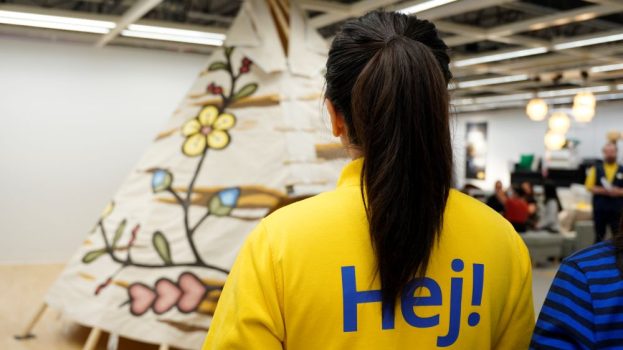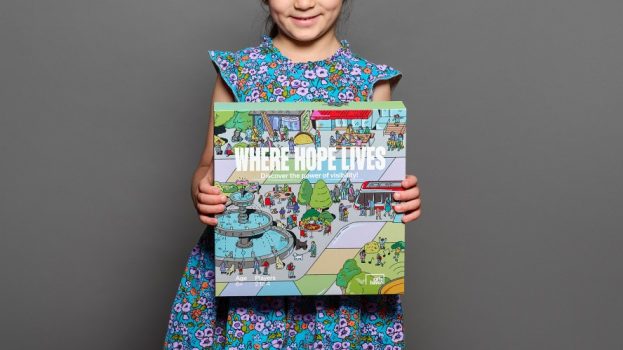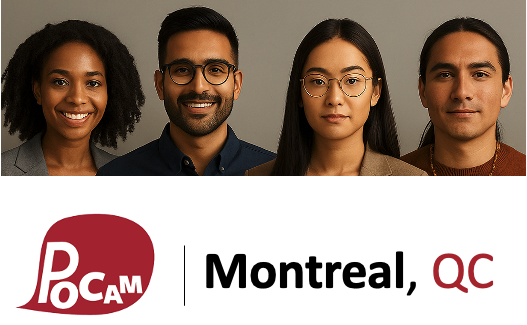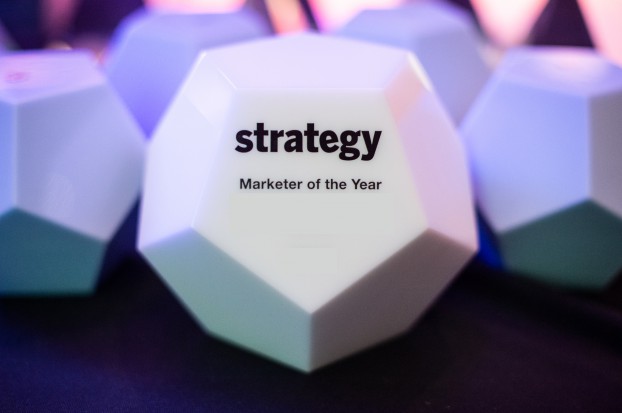You’re reading a story from Strategy C-Suite, a weekly briefing on how Canada’s brand leaders are responding to market challenges and acting on new opportunities. Sign-up here to receive the latest stories.
By Will Novosedlik
A couple of weeks ago, Alison Lawler-Dean, Indigo’s VP of marketing, celebrated a pretty important birthday.
Not hers, but the one-year anniversary of Indigo’s signing of the Fifteeen Percent Pledge on October 21, 2020. Indigo was the first Canadian retailer to sign the pledge, established by BIPOC designer Aurora James, for major retailers to commit 15% of their shelf-space to BIPOC-owned businesses.
In 2021, Indigo exceeded 15% representation across the majority of its business areas including in social (30%), creative studio (86%) and book displays (30%). In addition, six of the 10 “Best Books of 2021″ were written by BIPOC authors, 41% of the Authors of the Month in 2021 were BIPOC authors and 50% of the Staff Picks of the Month in 2021 were books written by BIPOC authors.
Indigo continues to expand its assortment, not just with more BIPOC-owned businesses but also bringing BIPOC creators in to work on its own private label brands. And a big part of achieving that lies with the supply chain. Publishers are asked about the background of their authors, making sure that they have the opportunity to self-identify.
“We did surveys and town halls with our vendor base to explain what and why we were doing this,” Lawler-Dean explains. “Once they opted in, we cataloged them, so that we understand what makes up the leadership of the companies we do business with.”
But beyond just what customers see on shelves, the company has taken several internal efforts to improve equity within its own staff, both in-store and in its offices.
It has received certification from Diversio, a data firm specializing in optimizing diversity and equity measures, meaning they are now among the company’s KPIs. Data on employee representation and experience are collected regularly. An employee census asks questions like does the company provide them feedback, reviews, access to networks, flexible working options and an inclusive work environment free from discrimination and harassment? Indigo’s first score was 71, ten points above the industry average.
The company is partnering with its employees to create a roadmap, identify opportunities for improvement and design a process for how to get there. It set up four employee resource groups: one focused on accessibility and wellness, one supporting LGBTQ2S+ employees, one for Black employees and a network for pan-Asian staff and allies.
To recognize the importance of Truth and Reconciliation, Indigo has engaged Fred Martin as the company’s first Knowledge Keeper. An Anishinaabe (Ojibwe), Martin will help build a plan of action with culturally informed support and guidance, and ensure Indigo takes important steps of learning and understanding towards Truth and Reconciliation. Martin will be working alongside a full-time DEI leader the company hired last year to bring this to life across the organization.
In another bid to recognize the needs of Indigenous Canadians, the Indigo Love of Reading Foundation recently contributed over $340K in funds in support of First Nations, Métis, and Inuit families to promote literacy while at home during the COVID-19 pandemic.
To heighten the recognition of First Nations internally, Indigo gifted every employee with a choice of one of three books by different Indigenous authors on this year’s inaugural Truth and Reconciliation Day.
“We really felt reading those stories, learning from those with that lived experience is the best way to build understanding,” Lawler-Dean says. To elevate awareness of these stories for customers, Indigo uses curated tables in the stores to highlight BIPOC voices and promotes them across social channels.























